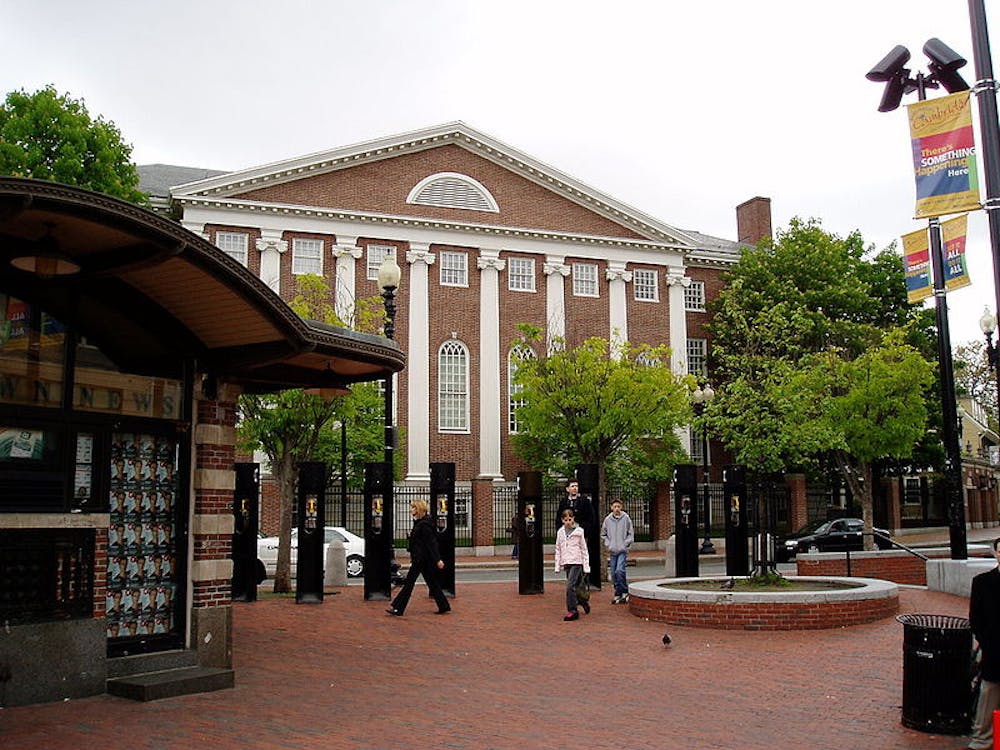A federal judge ruled in favor of Harvard’s race-conscious admission policy yesterday, temporarily ending a court challenge to the practice.
Harvard was accused of discriminating against Asian-American applicants in a lawsuit brought by Students for Fair Admissions, a conservative group that aims to end affirmative action.
The University will “conduct a thorough legal review of the 130-page opinion to determine whether there are any implications for our admissions practices,” wrote Brian Clark, director of news and editorial development in an email to The Herald. “For now, we understand that the decision upholds the right to continue to consider race as one factor among many in our efforts to bring the very best students to Brown.”
In signing an amicus brief along with 15 other highly selective schools June 2018, the University publicly supported Harvard’s admission policy, The Herald previously reported.
“We at Brown will do everything in our power to advocate against changes to laws or policies that would undermine our ability to build a diverse community of outstanding students,” wrote President Christina Paxson P’19 in an Aug. 2018 news release following the amicus brief.
SFFA intends to appeal the district court’s decision, said the group’s president Edward Blum in a statement.
“Students for Fair Admissions is disappointed that the court has upheld Harvard’s discriminatory admissions policies,” Blum said.
Allison D. Burroughs, a federal judge in the U.S. District Court in Massachusetts, outlined the conclusions of the case in a written ruling. “The evidence at trial was clear that a heterogeneous student body promotes a more robust academic environment with greater depth and breadth of learning, encourages learning outside the classroom and creates a richer sense of community,” Burroughs wrote in the decision.
In their case, SFFA advocated for “race-neutral” alternatives to affirmative action, such as practices to further promote socioeconomic diversity, according to Burroughs’ ruling. However, Burroughs also noted that SFFA simulations suggest that this move would lead Harvard to enroll about 33 percent fewer African-American students, unless the school also eliminated many other admission practices, such as preferences for legacy students and recruited athletes.
Burroughs commended Harvard’s work to recruit low-income and minority applicants and also emphasized that Harvard’s Undergraduate Minority Recruitment Program has included Asian-Americans in its outreach efforts since the 1970s.
“The Court will not dismantle a very fine admissions program that passes constitutional muster, solely because it could do better,” Burroughs wrote in the conclusion of the ruling.
Since the Supreme Court last considered affirmative action in 2016, conservative justices Brett Kavanaugh and Neil Gorsuch have joined the court. Neither has a long record on affirmative action, the Associated Press reported.
“At Brown, diversity among our student body remains fundamentally critical to our educational mission,” Clark wrote. “The court’s opinion Tuesday is a reaffirmation that a diverse student body brings educational benefits to the entire student body. We are very pleased by the ruling, though we recognize that this may be the first in the legal process.”





